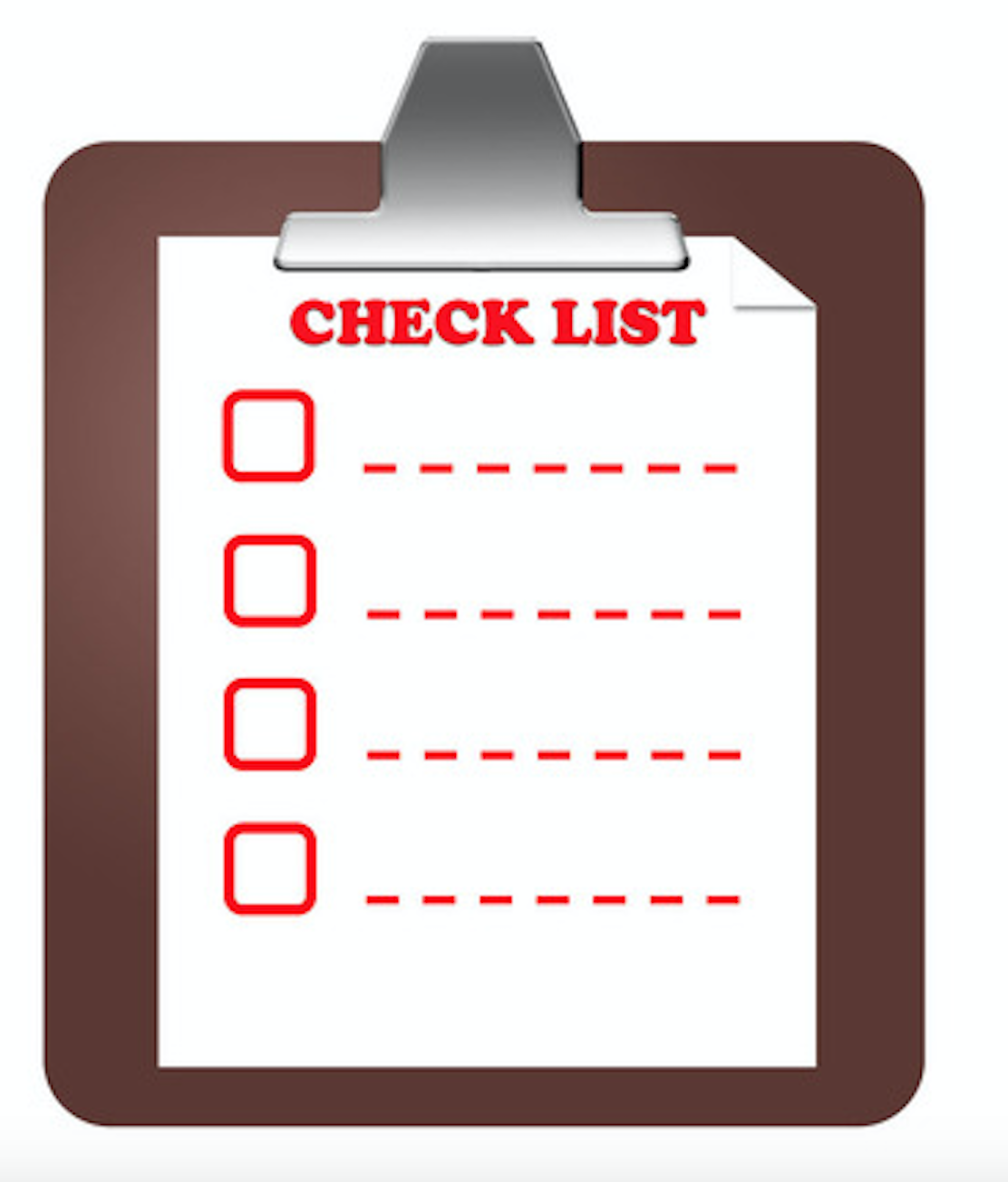This lesson builds upon the previous one that encouraged pastors and other ministry leaders to listen carefully to people’s conversion stories. We’ll learn a lot if we allow them to talk rather than just check boxes on a survey.
Lesson 12 is that we need a blend of prepared questions and spontaneous probes to help people tell their story in full.
First, I’ll list the prepared questions I asked in my interviews. Then, I’ll make some comments about the spontaneous probes.
Prepared Questions:
- Can you tell me, in about ten minutes or so, how you became a Christian.
- Tell me a little bit more about yourself. (year in college, major, home town, religious upbringing – if any, other pertinent information about you that relates to your faith story).
******* The following questions were only asked if these issues were not already addressed or mentioned in the opening presentation by the student:
- Tell me a bit more about your beliefs before your faith decision:
- What words would you use to describe your religious beliefs before becoming a Christian (e.g. atheist, agnostic, some other major religion, etc.).
- What attitudes would you say you held towards Christians? (e.g. friendly, positive, negative, hostile, etc.).
- If someone were to ask you on the first day of your freshman year, what words would you use to describe Christians?
- On day one of your freshman year, what or who were the most formative influences on your religious beliefs? (specific people, experiences, teachers, books, other media, web article, etc.?).
- Can you recall any particular events or experiences that were significant in your faith journey?
- Tell me about the people who were involved in your faith journey.
- family?
- Friends?
- Groups/Community/Campus Fellowship/Church?
- Did technology play a part in your faith experience in any way – Facebook, websites, texts from friends, etc.?
- How long would you say the process took from when you first began to think seriously about faith until you made a significant decision?
- Were there any particular religious experiences that stand out? Tell me about them.
- Did anything you read contribute to your decision to become a Christian?
- What? (particular part of the Bible?)
- How?
- Can you remember any talks or sermons that were significant? (topic, passage of the Bible, memorable quotes, illustrations or stories).
- Can you remember if there were any particular objections or specific questions you had about Christianity that were major obstacles to your coming to belief in Jesus? If so, how were those objections addressed or answered?
- Tell me about what you now understand about the Christian faith that you did not know or understand before?
- If you could describe your life before your faith decision (using three adjectives) and after (using three adjectives), what words would you use?
- As you look back on your experience now, what would you say were the three most significant factors in your faith journey?
- Are there any other details or aspects of your story you would want to make sure I know?
Spontaneous Probes:
I can’t give you a list of follow up questions I used. You’ll want to listen carefully and press for more information when people didn’t explain themselves fully or implied there was a lot more behind their stated words.
Sometimes, this was just a case of clarification. (“You said you weren’t very religious. What do you mean by that? What other words could you use instead of ‘religious?’”)
Sometimes, I pressed for more emotions than facts. If they made a strong facial expression or implied something by their tone of voice, I would ask them to elaborate. (“Wow. You just made a face when you said you didn’t like that church service. Can you tell me more about that? What were you feeling as you sat there?”)
The most helpful questions were why questions. But I had to ask them carefully. If you ask a lot of why questions, people can feel attacked. (“Why did you do that?” “Why didn’t you want to go?” “Why did you say such a thing?”) It’s better to buffer the “why” so that it felt more like an encouragement to share more details. (“You said you didn’t want to go to the Bible study. Can you tell me a bit about why you felt that way?”) Even wording the question without the use of the word “why” can sometimes be helpful. (“You mentioned that you liked that sermon. Can you tell me what it was about it that was so meaningful for you?”)
Some people are better at interviewing than others. It’s not an automatic, easy skill to develop. But it’s not rocket science either. Learning how to ask good questions, listening carefully to people’s answers, watching for non-verbal cues, and pressing for more detail can lead to helpful insights about people’s faith. You may also hear accounts that prompt wonder, worship, and joy – for you and for them.



